SUMMARY
This is AI generated summarization, which may have errors. For context, always refer to the full article.
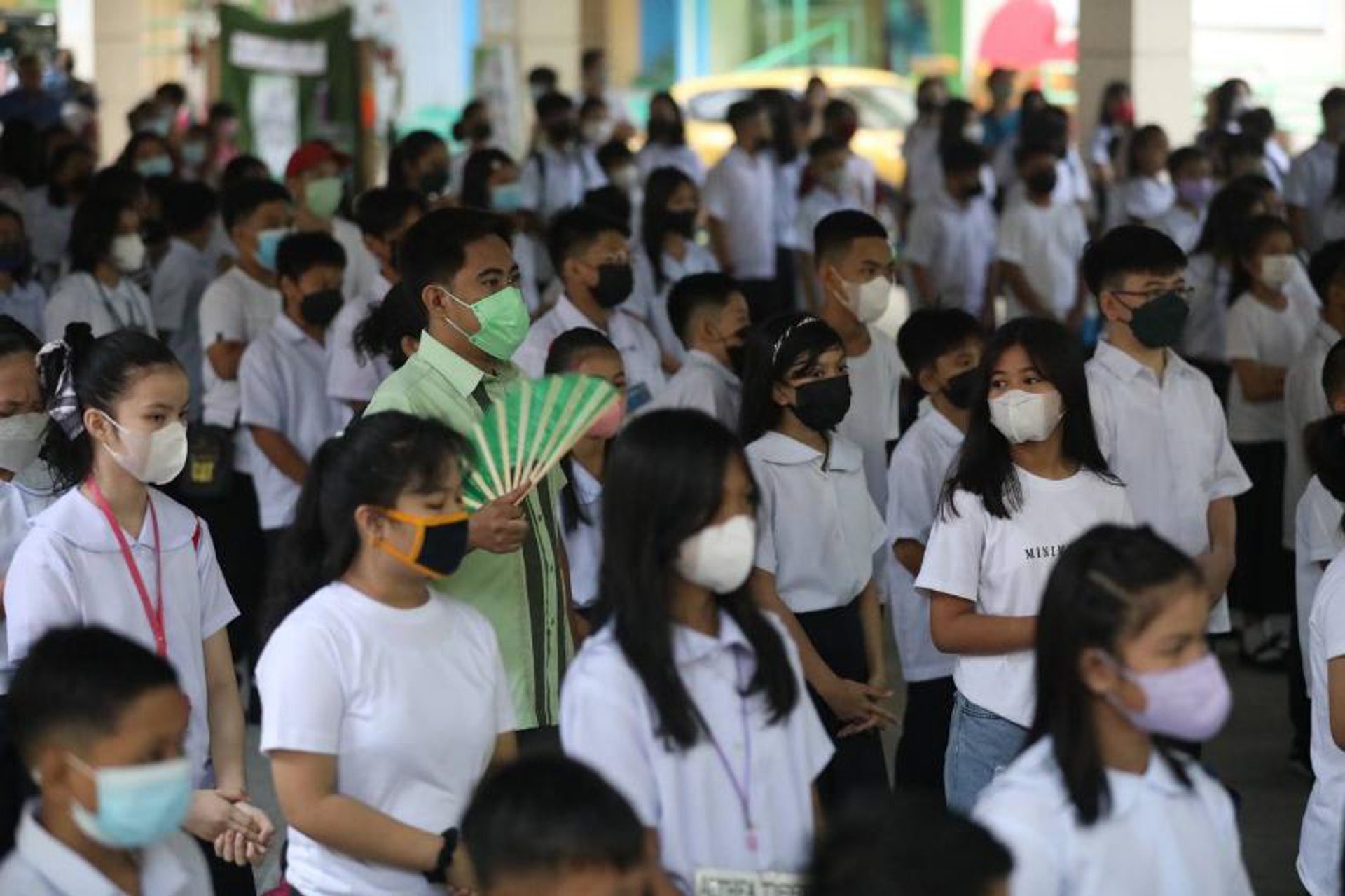
MANILA, Philippines – The Valenzuela City government has revised its class suspension ordinance, now factoring in the “dangerous heat index” for automatic suspension of face-to-face classes.
The heat index, according to state weather bureau PAGASA, is what people “perceive or feel as the temperature affecting their body.” It is deemed “dangerous” if it reaches 42°C or above.
Under this amendment, in-person classes and work in public and private schools from pre-school to secondary level will be automatically suspended and shall shift to online synchronous and asynchronous modes when the “dangerous heat index” threshold is reached.
Meanwhile, the suspension of classes in public and private tertiary-level schools will depend on the announcement of the city mayor or the discretion of the school administration.
These mentioned amendments to the ordinance were made on Friday, April 26.
“With the extreme heat waves rendering on-site school facilities [not conducive] to learning and perceived hazardous to health, the local government pursues relevant action to protect its citizens while also upholding the quality of education for students,” the city government said on Monday, April 29.
Across the country, classes in public schools were suspended from April 29 to 30, due to extreme heat and a nationwide transportation strike.
Many other local government units, since the beginning of April, have also suspended classes due to excessive heat.
In February, the Department of Education announced a gradual shift back to the old academic calendar, starting classes in June and observing a break from April to May, in response to summer heat.
Critics, however, argue that it is only a stopgap measure that ultimately fails to address the country’s inadequately ventilated classrooms, unsuitable for the Philippines’ extreme heat.
Other local government units, such as the provincial government of Cavite and Binmaley town in Pangasinan, already shifted to a four-day work week also due to the dangerous heat levels. – with reports from Bonz Magsambol/ Rappler.com
Add a comment
How does this make you feel?

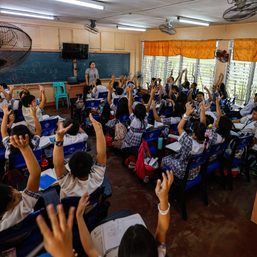
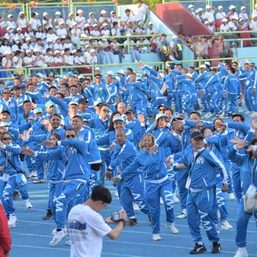
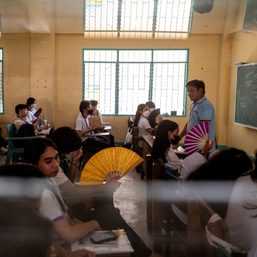







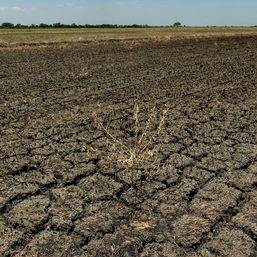




There are no comments yet. Add your comment to start the conversation.